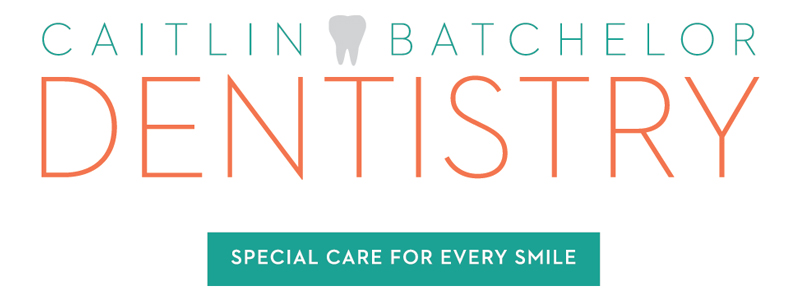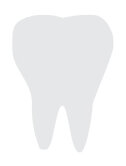Harrisonburg Teeth Grinding Dentist
Stop grinding your teeth today
No clenched teeth here!
Do you grind your teeth? Are you experiencing jaw pain and don’t know why? Don’t hesitate to reach out — we’re here to help. Call our office at (540) 432-9992 to get more information about our Harrisonburg teeth grinding diagnosis and treatments.
What is bruxism?
Bruxism is a dental condition where you clench or grind your teeth together regularly. The teeth grinding or clenching can occur during the day (awake bruxism) or at night (sleep bruxism), but when it occurs during sleep, it’s considered a sleep disorder. Those who have a habit of grinding or clenching teeth at night may not even be aware of their condition.
Whether you grind your teeth at night or during the day, the result is often the same — jaw pain, worn enamel, and other dental problems.
Why is clenching teeth harmful?
While occasional clenching isn’t too concerning, regularly occurring teeth grinding or clenching habits can lead to oral health issues, including:
Wearing down of tooth enamel
Sensitivity to temperature
Chipped or cracked teeth
Tooth decay
Tooth loss
Pain and inflammation of the jaw muscles and temporomandibular joint (TMJ)
Grinding your teeth at night can also make you more susceptible to other sleep disorders, including sleep apnea and snoring.
Is TMJ disorder related to teeth grinding?
The TMJ is the joint on either side of your jaw that connects your skull to your jawbone. TMJ Disorder (TMD) can both cause and be caused by perpetual teeth grinding.
Clenching or grinding can wear your teeth to the point where the jaw becomes imbalanced and TMJ pain presents. On the flip side, TMJ pain can cause you to grind more often to release the pain and pressure.
What causes teeth grinding?
Aside from TMJ pain, teeth grinding can have a few different causes. Most commonly, clenching or grinding teeth is the result of:
Stress
High levels of concentration
Use of medication
How does a dentist diagnose bruxism?
A teeth grinding dentist can diagnose teeth clenching or grinding through signs like visible wear, chips, cracks, excessive cavities, or loose teeth. However, there are other symptoms that our dentists will ask you about if grinding is suspected, including:
Pain in the face or jaw upon waking
Soreness in the jaw muscles
Headaches
Earaches
Sensitive teeth
Popping or clicking in the jaw
Locking of the jaw
How to stop grinding your teeth
Is bruxism curable? While there are no specific medications that can stop you from grinding your teeth, there are some treatments that we prescribe, including a mouthguard. These guards are worn at night like a retainer and protect your jaw joints, muscles, and teeth from the force and pressure that clenching and grinding creates.
Are there things I can do on my own to stop grinding teeth?
In addition to using a mouth guard for teeth grinding, there are some additional things you can do to reduce the frequency of your clenching. You can take steps to reduce stress by exercising or meditating, You can also try to avoid teeth clenching triggers like caffeine, alcohol, drugs, cigarettes, and chewing gum.
What Patients Say
“Dr. Batchelor and her team are fantastic! They provide the highest quality professional service with gentleness and care. My initial visit to their Harrisonburg dental practice was extremely thorough...They accommodate my challenging schedule and work with my insurance company...I am thrilled with the service and give them the highest recommendation!!”
Contact us to get help for bruxism!
1920 Medical Ave Ste J
Harrisonburg, VA 22801
Get directions
Phone: (540) 432-9992
Hours: Monday-Thursday 8am - 5pm


